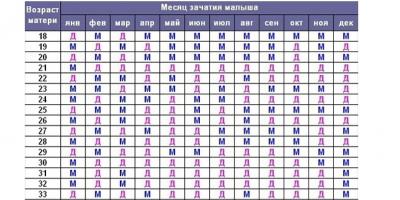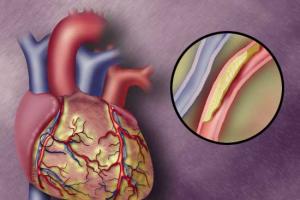Patriotism is a social feeling that is characterized by attachment to one's native land, people, and its traditions.
Moral and patriotic education is a system of measures aimed at shaping citizens' sense of duty towards their native country, national identity, and readiness to defend their homeland.
The relevance of patriotic education
Preschoolers according to the Federal State Educational Standard are quite relevant in modern conditions. This is due to the establishment of the priority of material values over spiritual ones in our society. However, the upbringing of the younger generation within the framework of respect and love for the Motherland forms a morally healthy, viable population.
Preschool children are especially emotional, inquisitive, ready for empathy, they are in the process of forming personal guidelines, so it is possible to carry out educational work most fruitfully. This is also facilitated by the special susceptibility of preschoolers to the influence of adults.
Goals and objectives
Patriotic education in the preschool educational institution is carried out with the aim of cultivating love for the fatherland, a responsible attitude towards the environment and people, and establishing a stable connection between generations. The formation of these values occurs as a result of purposeful, systematic work with the child.
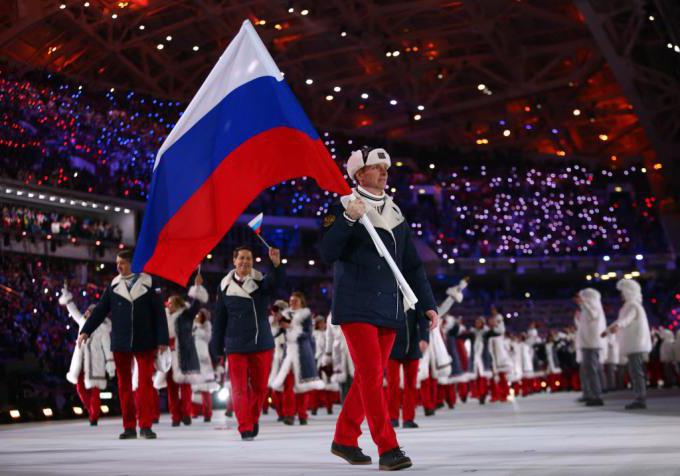
Patriotic education of preschoolers according to GEF implies the following tasks:
- the formation of moral and spiritual characteristics of the individual;
- the formation of a sense of pride in their nation;
- formation of a respectful attitude to the national and cultural traditions of their people;
- formation of a liberal position in relation to peers, adults, people of other nationalities.
Forms and methods of organizing work
The program of patriotic education in preschool institutions implies, first of all, the organization of internal methodological work in this direction. Since if the teacher himself does not feel a sense of love for the fatherland, then he will not be able to convey it to the children, the teacher also needs to know how to most effectively convey the ideas of patriotism to preschoolers. Methodological work on patriotic education in the preschool educational institution is aimed at improving the qualification level of educators, their pedagogical literacy. For this, thematic teachers' councils, consultations, mutual visits to classes are held.
The second part of the methodological work is interaction with parents, the child's family, since they have a significant impact on the formation of the personality of a preschooler, and it is important to suggest to them the main directions for the successful development of moral and spiritual values in children. Thematic meetings, conversations are held with parents, they are involved in the organization and participation in the activities of the preschool educational institution.

Patriotic education of preschoolers according to the Federal State Educational Standard determines the methods of working with preschoolers:
- arrangement of patriotic corners in the preschool educational institution;
- organization of excursions to the sights of the native land, visits to museums, exhibitions;
- organization of thematic events (holidays, matinees, competitions, competitions);
- conducting thematic discussions on the theme of love for the Motherland, reading relevant works, memorizing poems, watching films, programs.
Every year, a plan for patriotic education is drawn up in the preschool educational institution, which covers all forms and methods of methodological and approximate list of activities and topics of classes provided for by the plan, includes: events dedicated to state and folk holidays, sports competitions, thematic classes to study the nature, features, traditions of the native edge, state symbols.
Celebrations dedicated to public holidays
Activities for patriotic education in preschool educational institutions are usually timed to coincide with the celebration of relevant public holidays, such as Victory Day, Defender of the Fatherland Day, International Women's Day.
In preparation for the event, children learn the history of the holiday, understand to whom it is dedicated and why it is celebrated.
For example, when preparing for the celebration of Victory Day, you can hold the Dove of Peace campaign by making white paper doves together with the children as symbols of peaceful life. For the event itself, learn military songs (“Katyusha”, “Victory Day”, etc.), poems on the relevant topics. You can organize a meeting with veterans or children of the war within the framework of the project “Such a different childhood: war and peace”.
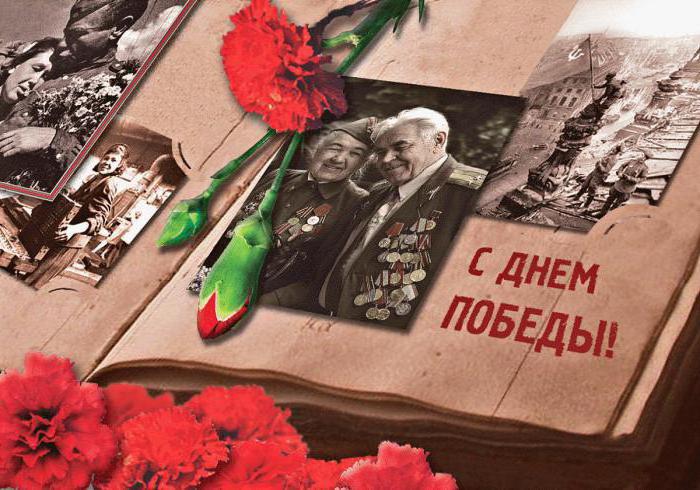
In preparation for the celebration of Defender of the Fatherland Day, the boys form the concept that they are future men, strong and strong, the support of their family, the Motherland, its defenders. On the holiday itself, several different events can be held depending on the age of the children, for example, a holiday congratulating fathers with military-themed poems, songs and dances, sports and competitive competitions, a conversation session “We need peace”, dedicated to the army that defends our country.
It is dedicated to the formation of family values and the image of a mother, a woman as a guardian of the family among preschoolers. Traditionally, events on this day are dedicated to congratulating mothers and grandmothers. On the eve, children make gifts for them with their own hands, developing their creative abilities.
Folk holidays
In order for children to perceive themselves as part of their people, they must be imbued with its foundations, understand its identity. To do this, the preschool organizes conversations-classes to get acquainted with the folk life, but children learn the best information during the game. You can celebrate folk holidays with songs, dances, a good mood to join the traditions.
Celebrations begin with Christmas and the old New Year. Children learn carols, then go to visit in groups, sing, receiving sweets as a reward.
The celebration of Maslenitsa can be organized during a walk, all the children of the preschool educational institution can participate in it at the same time. Winter, Spring, buffoons take part in the performance. Preschoolers get acquainted with the history of the holiday, its essence and symbols. The main symbol of Maslenitsa is pancakes, you can involve your parents in making them, arrange a kind of fair.
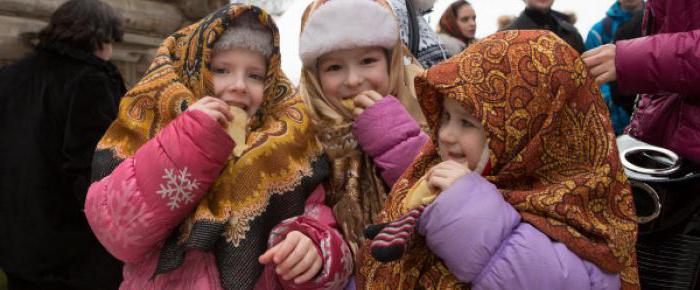
Easter also has its own symbols. Easter egg painting class. There are a lot of methods and techniques that give the child the opportunity to develop their artistic abilities.
Sport games
Patriotic education of preschoolers according to GEF implies a healthy personality. Therefore, physical development is an integral part of the educational process. Sports games and competitions not only develop children, but also form a sense of team, unity of interests, strengthen family ties and traditions.
It is possible to hold competitions between same-age groups on relevant topics, for example, dedicated to Russian heroes. During the holiday, children get acquainted with Russian epics about heroes, with their feats of arms. Competitions such as:
- "Sharpshooter" - throwing balls at the target.
- "Fast Rider" - a relay race competition for racing on rubber horses or large balls.
- "The strongest" - pushing opponents out of the mat with the shoulder.
- "Heroic help" - dismantle the entrance to the cave by cubes and save the beautiful girl.
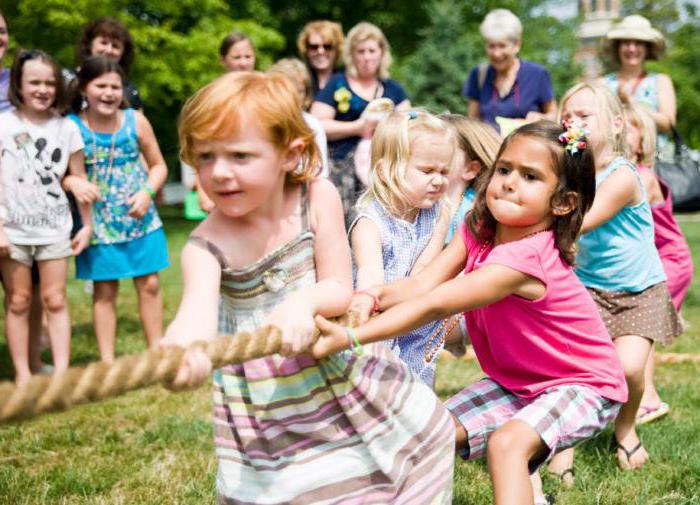
A special role is played by joint competitions of children and parents. The celebration of Defender of the Fatherland Day for students of the senior and preparatory groups can be organized by the military game "Zarnichka", in which fathers and sons participate in relay races, and mothers and daughters participate in competitions for fans. Such a game brings up a sense of collectivism, patriotism, forms an interest in doing physical exercises, develops basic physical qualities, and introduces to the traditions of big sport.
Classes for the study of state symbols
Patriotic education of preschoolers according to the Federal State Educational Standard implies knowledge of the state symbols of the country. For their study, appropriate classes-conversations are held, for example, “Love your Motherland”, “Symbols of Russia”.
The purpose of this lesson is to instill in children pride in their country, to consolidate and expand knowledge of state symbols, to introduce the meaning of the colors of the flag and coat of arms, to form the simplest geographical knowledge about their region, to cultivate a sense of respect for the flag, coat of arms, anthem, and also to instill a cognitive interest in history of their homeland.
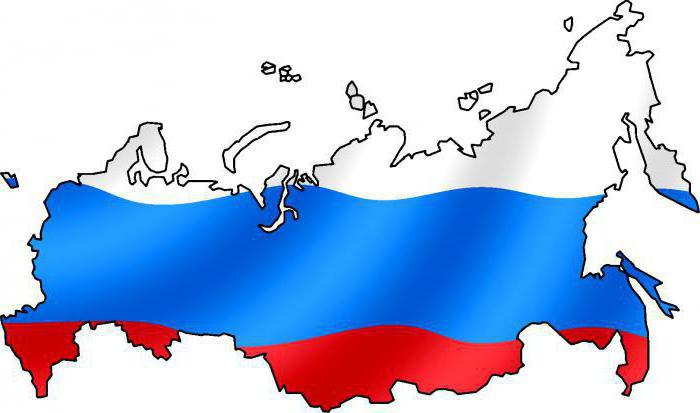
Classes can be conducted with the help of information and communication technologies. To do this, you need to prepare a presentation on a given topic, stock up on an audio recording of the anthem.
The sequence of the lesson can be as follows:
- An introductory part in which children get acquainted with the geographical location and size of the country.
- Acquaintance with the flag of Russia, the symbolism of its colors. You can play the game "Fold the flag."
- Getting to know the coat of arms The teacher explains to the children the very concept of a coat of arms, conducts the game "Think up and draw the coat of arms of your family."
- Listening to the national anthem.
- The final part, which checks how preschoolers have learned the material.
Disclosure of the theme of a small homeland
Any corner of our Motherland is unique and original in its own way. It is important to introduce the child to the beauty of its traditions and way of life.
One of the ways is to organize a local history mini-museum in the preschool educational institution. In it you can collect a collection of old things that characterize life, samples of folk art products (embroideries, napkins, tablecloths, amulets, dishes, toys).
Another way to get to know the native land is to conduct excursions and visit sights.
Educational lessons are also held. Appropriate topics on patriotic education are selected for classes. Children learn about their famous countrymen, about the history of the emergence and development of their native settlement, about the natural features of the region, and study folklore.
The systematic work carried out at the preschool educational institution makes it possible to instill in preschoolers primary knowledge of the history, geography of their native land, its features of development and formation.

